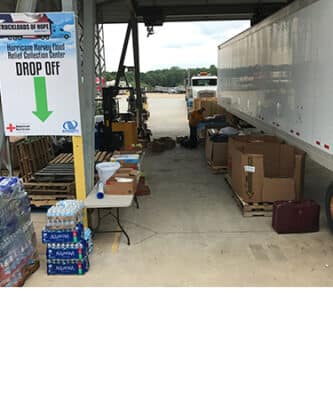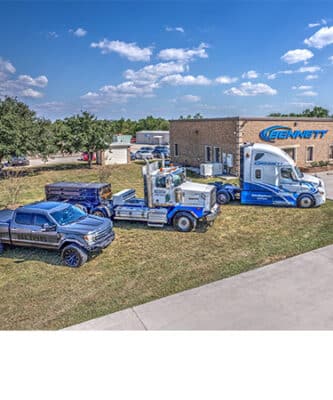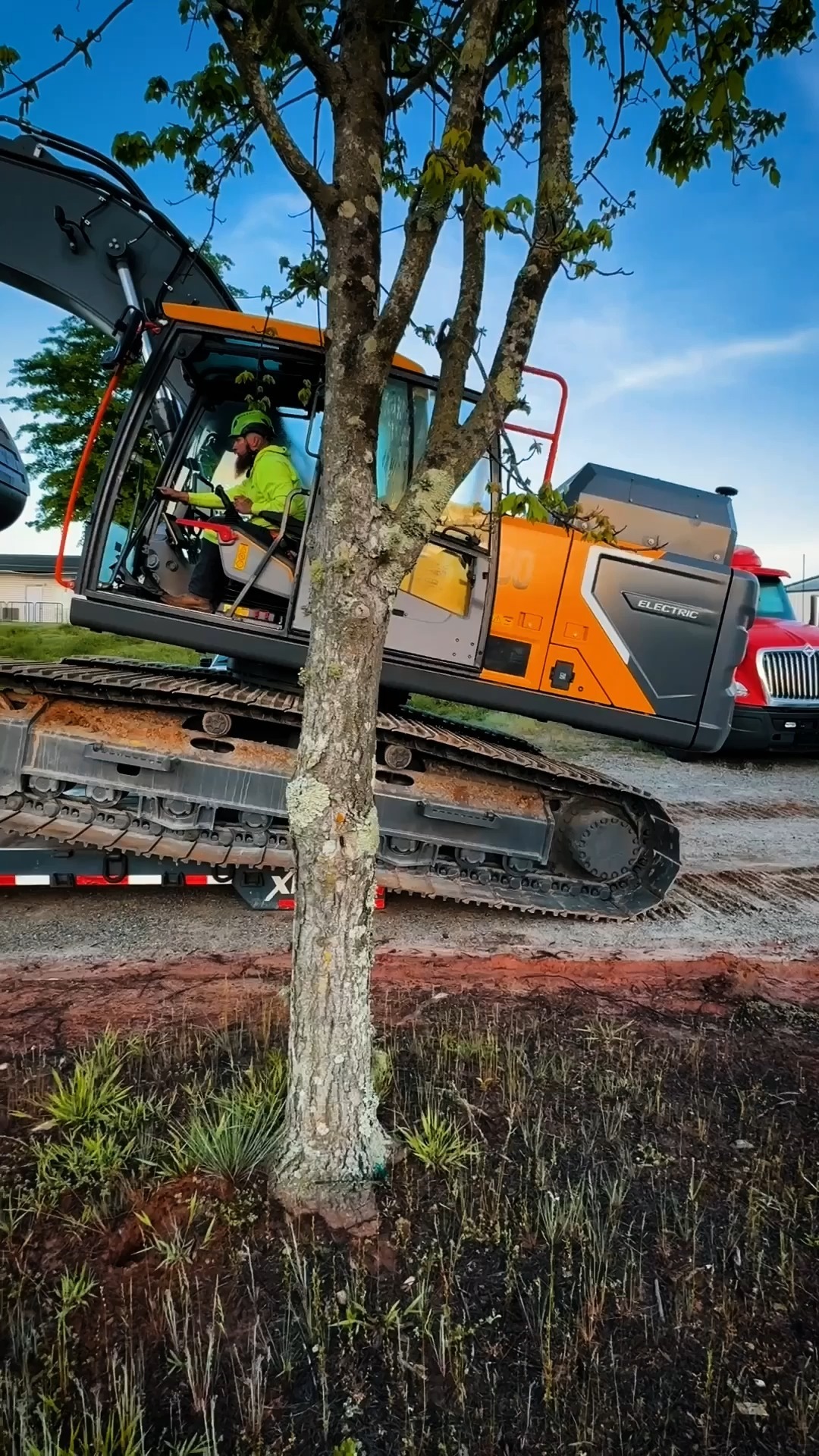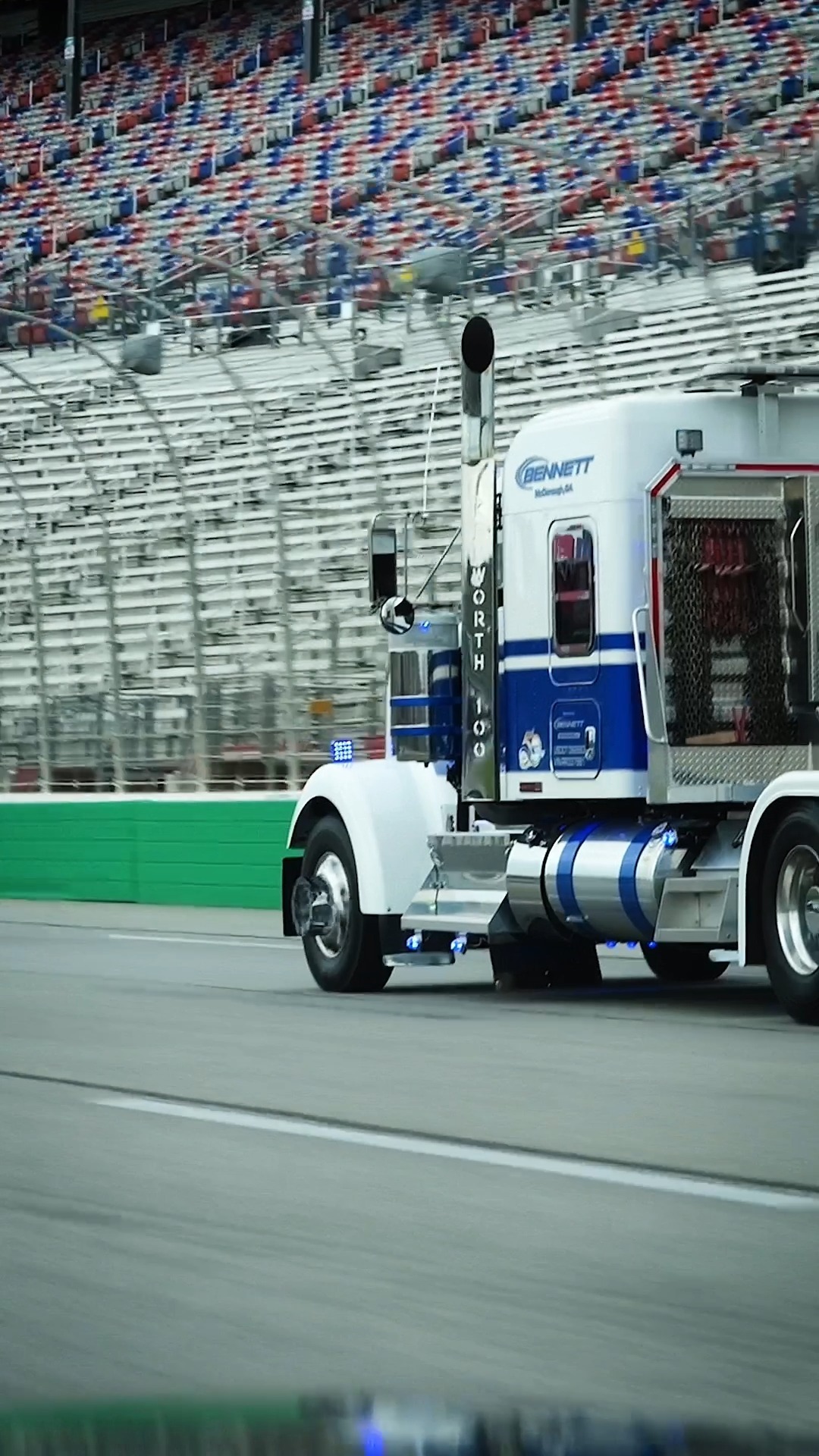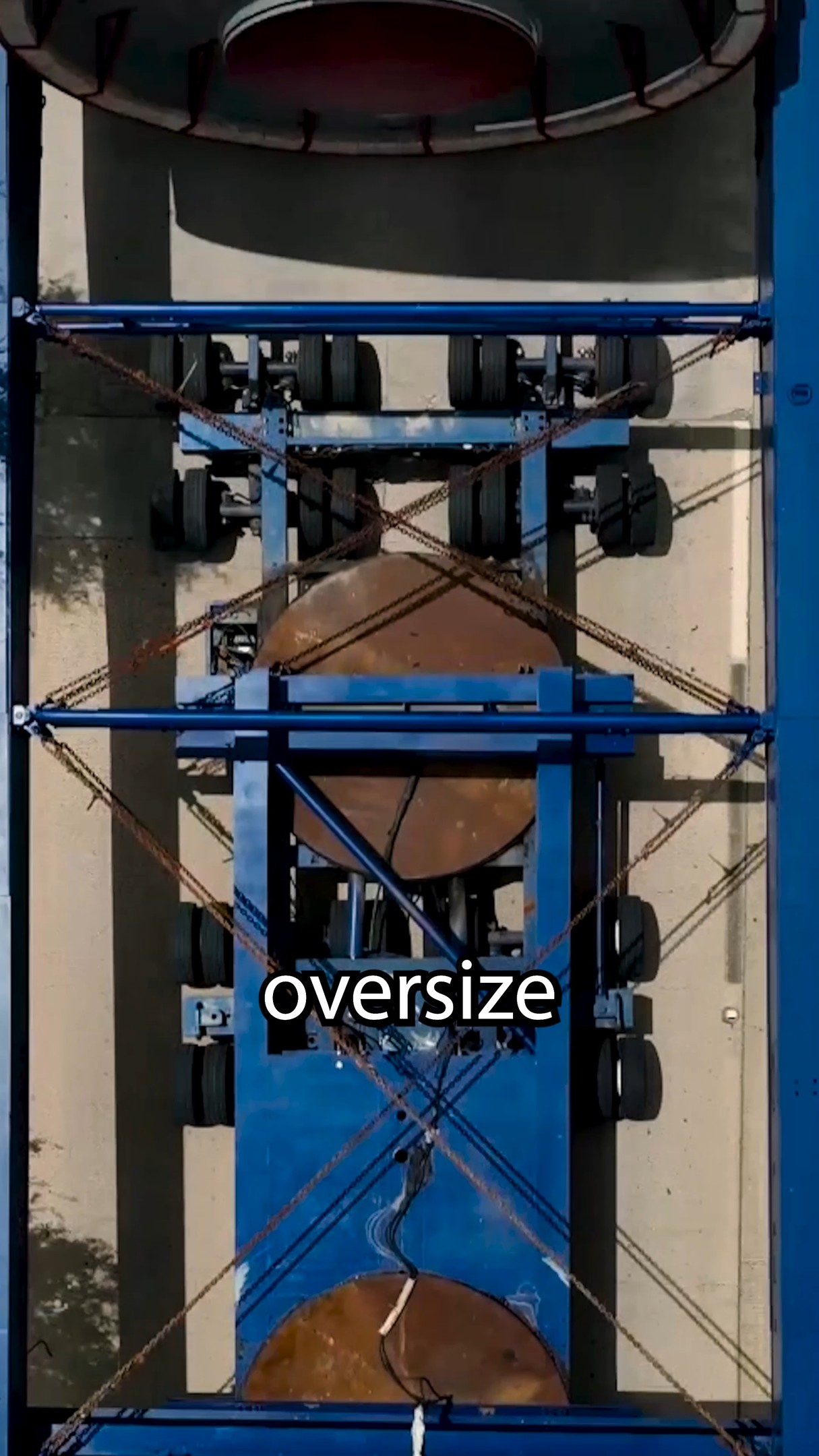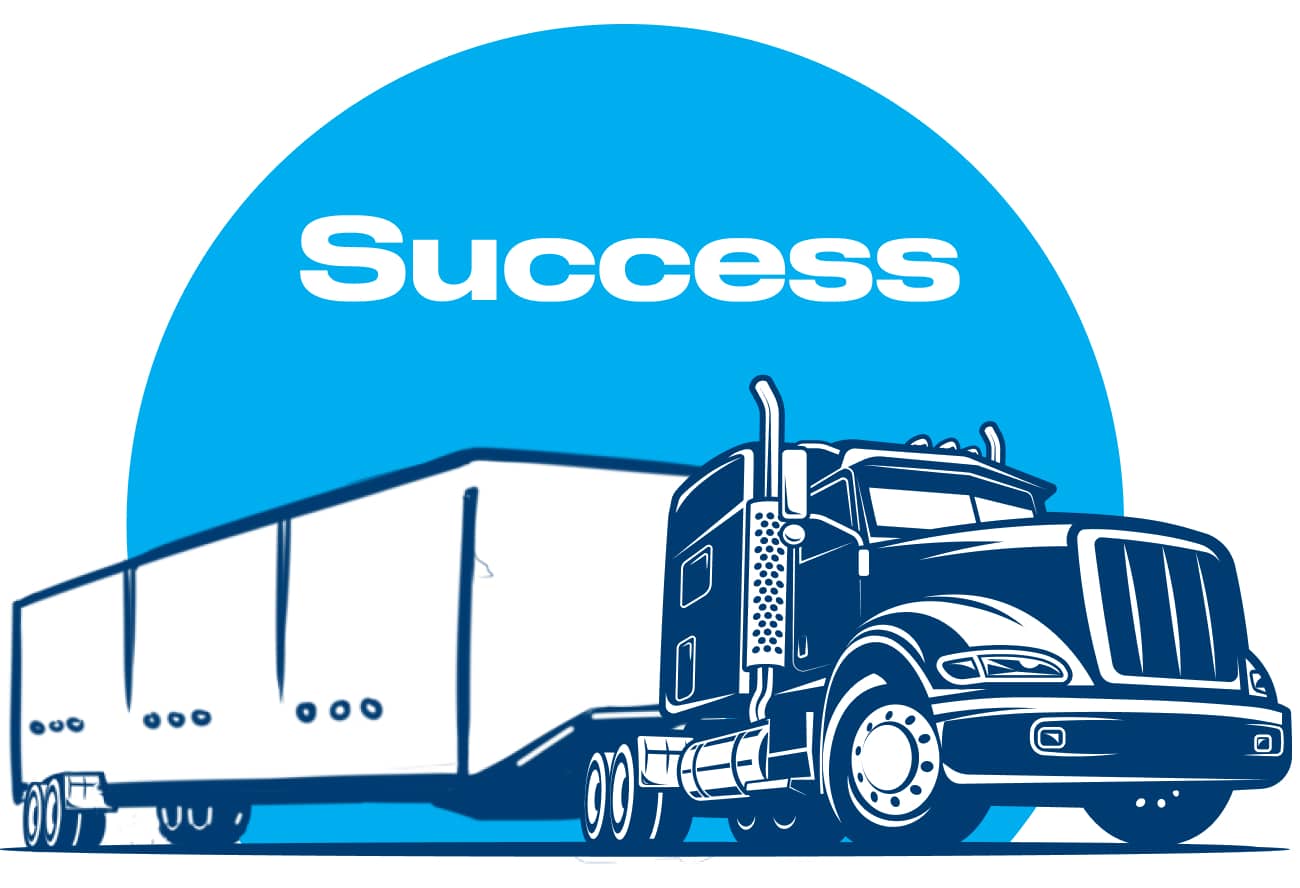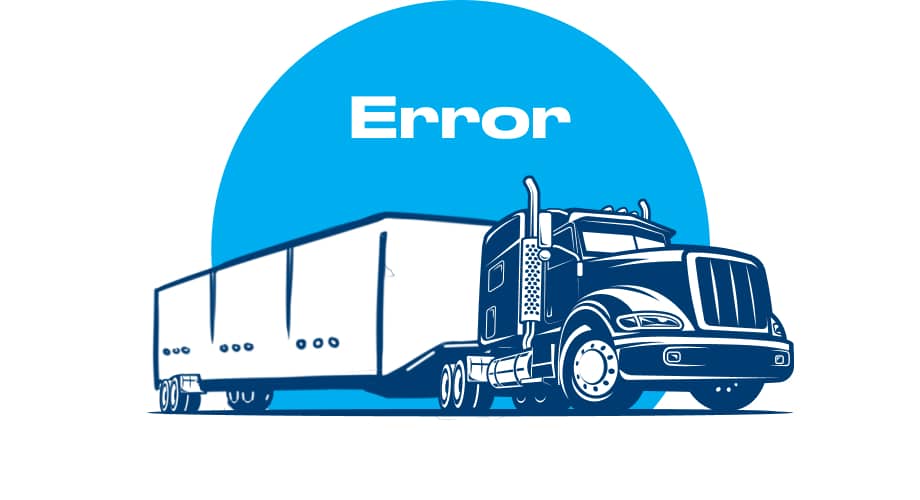The application of technology in renewable energy logistics is a key component to overcoming challenges and ensuring successful operations. Its strategic implementation can significantly amplify the efficiency of every load transported.
Specialized Equipment for Safe Transportation
Tech utilization empowers logistics companies to deploy specialized equipment precisely tailored to the unique demands of renewable energy transportation. These purpose-built trailers, handling apparatuses and mounting systems drastically minimize the risk of damage to renewable energy components during transit.
Investing in such specialized equipment not only enhances the safety and security of shipments but also reduces breakage, instilling confidence in meeting project deadlines. Advanced engineering and hydraulic systems incorporated into specialized trucks enable the seamless transportation of oversized or heavy haul shipments.
By utilizing these vehicles, logistics companies can optimize load capacity, minimize trips and consequently reduce fuel consumption resulting in significant cost savings and environmental benefits.
Expertise and Compliance Support
Technology equips logistics companies with invaluable industry expertise and regulatory knowledge necessary to navigate sensitive transportation moves such as those involving hazardous materials. Through comprehensive training programs, compliance tools and regulatory updates, logistics providers ensure adherence to safety regulations and environmental standards.
By proactively identifying and addressing potential risks, logistics companies mitigate liability, protect the environment and maintain the integrity of renewable energy projects.
Insights-Driven Operations
Customized reporting interfaces and dashboard solutions offered by technology provide critical insights into logistics operations. These interfaces enable companies to monitor key performance indicators, track delivery timelines and identify potential bottlenecks in real-time. Leveraging data-driven insights, logistics managers can make informed decisions to optimize routes, streamline processes and enhance overall efficiency.
Streamline Collaboration with Carriers
A carrier onboarding and management portal facilitated by technological implementation streamlines the process of collaborating with transportation partners. Through this centralized platform, logistics companies efficiently onboard carriers, manage contracts and track performance metrics.
This fosters transparency and collaboration, facilitating seamless communication between logistics providers and carriers. By automating administrative tasks and enhancing communication, the onboarding portal boosts operational efficiency and strengthens partnerships within the supply chain.
Real-Time Visibility with Mobile Apps and GPS Tracking
Mobile applications equipped with GPS tracking capabilities provide real-time visibility into transportation operations. Drivers utilize these apps to access route information, receive updates and report any issues or delays promptly.
GPS tracking enhances route optimization, improves communication between drivers and dispatchers and enables proactive problem-solving. By leveraging mobile technology, logistics companies enhance efficiency and ensure the timely delivery of renewable energy components.
Efficient Data Exchange with API and TMS Integrations
Lastly, API and TMS integrations streamline communication and data exchange between logistics systems. By integrating API with TMS platforms, logistics companies automate order processing, manage inventory levels and facilitate seamless transactions with suppliers and customers.
This integration eliminates manual data entry, reduces errors and accelerates the order-to-delivery cycle, thereby optimizing workflows, improving accuracy and enhancing customer satisfaction.
Digital integration solutions serve as the cornerstone for successful renewable energy logistics operations. Equipped with specialized equipment, trucks and industry expertise, technology-enabled logistics providers are well-prepared to overcome challenges and drive the transition towards a more sustainable future.
Join Our Community
Bennett Newsletter Subscription
Sign up to stay current with Bennett and Transportation Industry news. We send out a digital newsletter monthly. Unsubscribe any time.

